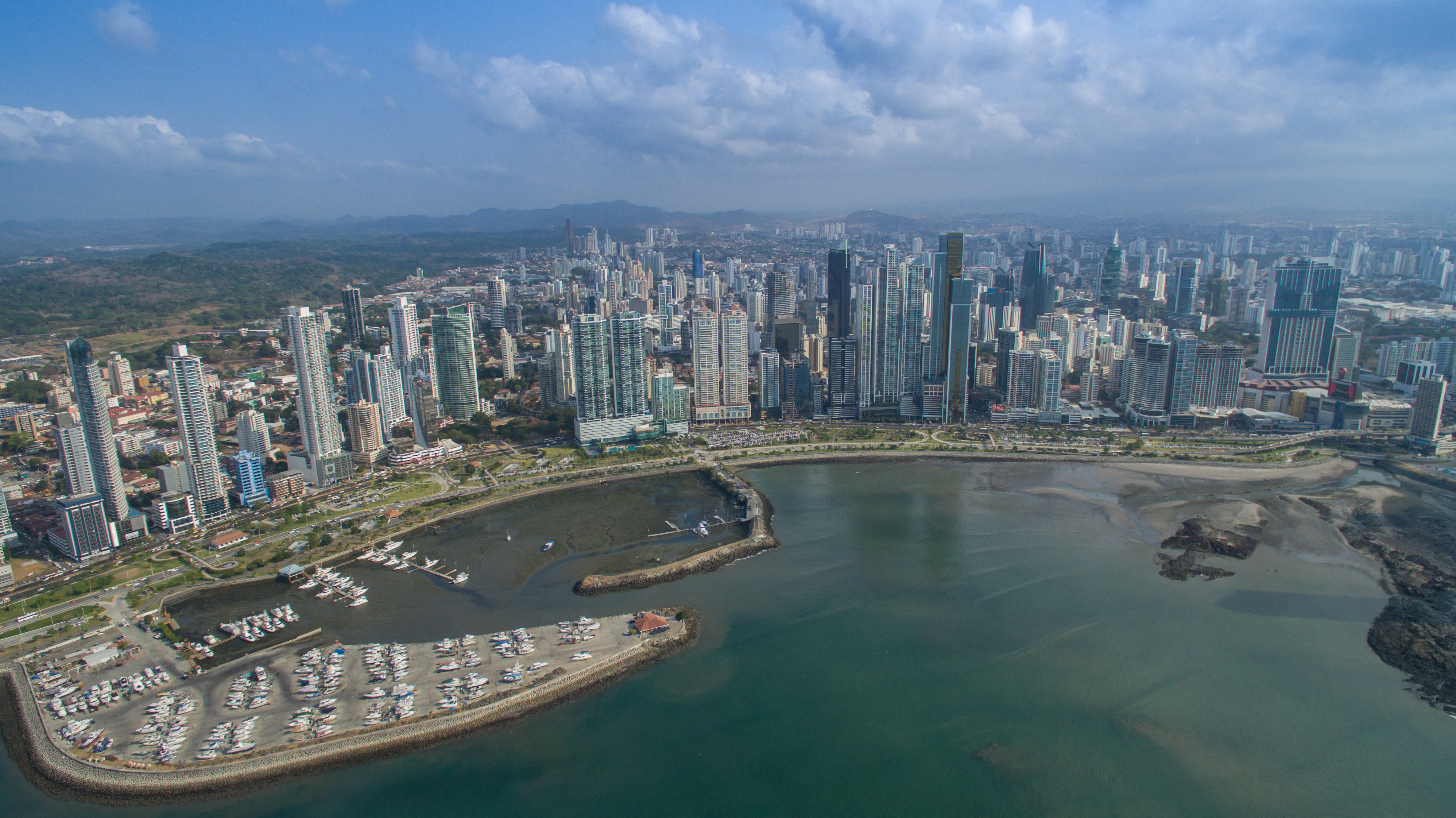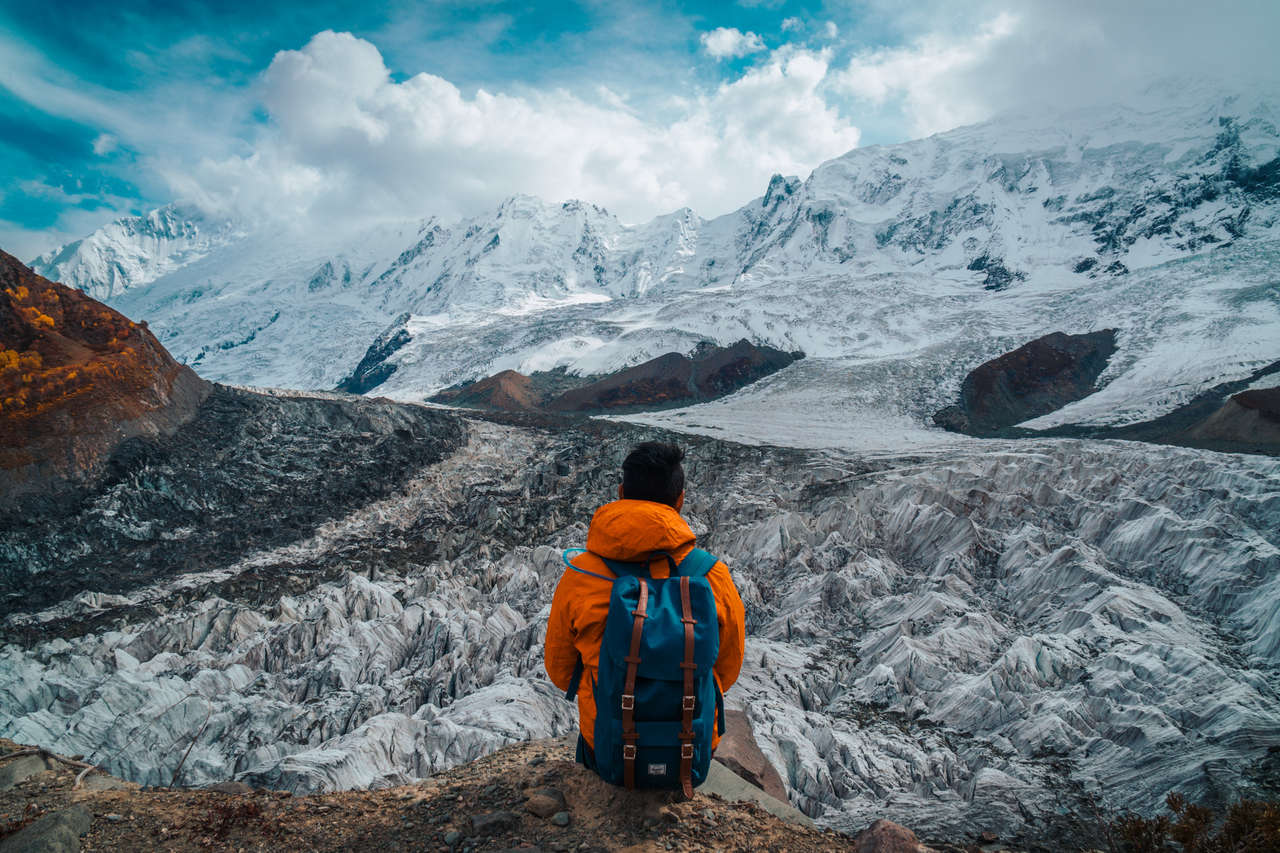
Article by
Valentina had told me to meet her at the spot where she set up a stall selling handmade necklaces, bracelets, and other trinkets every afternoon. In the unfamiliar old quarters of Panama City, I somehow managed to guide the taxi from the airport to the location of her stall without getting lost in the maze of Casco Viejo’s streets. I recognized Valentina, as she did not look different from the photos she had put up on the couchsurfing website through which we got connected. Behind her stall was the Pacific Ocean, with which it was my very first encounter. It did not look any different from the other oceans I had seen. Waves rushed to the shore and hit the rocks beneath the old town's ramparts, just behind Valentina's stall. It seemed like every time they came with the will to climb that wall but retreated, not due to lack of strength, but a change of mind.
Valentina welcomed me with her reserved smile and asked me to follow her to her apartment. Luckily, I had arrived just in time as she was packing up her shop. My small, wheeled suitcase bumped on the cobbled streets of Casco Viejo as I pulled it along. In a little while, we reached a tall building minus an elevator. Their apartment was on the seventh floor. But I can’t recall facing any trouble while climbing up and down the elevator-less building to the seventh floor as I do to the building in Dar-es-Salam where I stayed some years ago. Valentina asked me if I had brought any sleeping bags because they did not have one. I had not brought any, assuming my host would have told me. Well… too late to fix the situation.
In the apartment, we were greeted by Valentina’s husband, Matias, and their eighteen-month-old son, Naim. Matias had a thick beard and thin frame. On learning where I was from, he told me that his ancestors migrated from Syria to Latin America a hundred years ago and started living in the Argentine countryside. Matias and Valentina were a bohemian (who traveled from country to country) Argentinian couple. Their current base was Panama City. Matias told me he had given his son an Arab name to honor his Arab ancestry. Naim was a good-natured infant greeting me with the same smile.
The only accommodation in their one-bed apartment was a double bed and a table. That night, I made my bed by spreading out my clothes, a rolled-up towel serving as a pillow. I slept alright but woke up with a slight body ache.
The old town, Casco Viejo, is a fascinating place with streets laid out in grid-like fashion, forming blocks of buildings, most Spanish colonial cities of Central America. It lacked the charm of Guatemalan Antigua, or the mystery of Nicaraguan Leon, or the vibrance of Colombian Cartagena, but it was a pretty city. I walked through the streets, appreciating the architecture of colonial buildings, admiring the open plazas with statues of war heroes in the middle. At Plaza de la Independencia, I stopped to observe a group of girls swirling in their traditional pollera skirts. They performed the Tamborito (folk dance).
Buildings and streets were not in a good state in the poorer parts of the old town. A glance through doors or windows would reveal the sight of a housewife watching TV, or of cooking pans emitting smoke in the kitchen. A buff man in a white vest sat on a rickety three-seater sofa, which was probably his throne, for he looked nothing less than the neighborhood’s thug. He eyed me with interest as I passed. As he addressed me in a tone in which I perceived a hint of a threat, I faked a confident swagger and greeted him. As he extended his hand for a handshake, I noticed him looking at my wristwatch appreciatively.
“Give me this watch”, he demanded.
“No, no,” I replied laughingly just to divert him. The handshake got uncomfortably longer, the expression on his face looked menacing. "I am on my way to Iglesia de La Merced. Is this the right way?" I asked just to distract myself. The grip of his hand loosened as he started directing me. I pulled out my hand gently and walked on steadily without looking back.
Matias and Valentina were raw vegans. Even their eighteen-month-old kid was on a raw vegan diet, except for his mother’s milk. He didn’t look deficient in energy. Matias seemed passionate about his diet and lifestyle and spoke about it often. Matias said that all the amino acids we need for our muscle growth can be found in plants. Valentina was creating innovative raw vegan recipes and hoped to get a contract from a restaurant.
The new and old cities of Panama were a world apart. At night, by the promenade in the old city, one could see the skyline of the new city, full of skyscrapers sparkling in the distance. Some months later, I saw a similar contrast in the old town and the new city of Cartagena, when I visited Colombia. Panama has received a good amount of foreign investment and is more prosperous than its neighbors. It is the only country in Latin America to adopt USD as its legal tender. With the United States occupying the Panama Canal Zone for a long period and other American influences this small country had experienced, I was surprised that English was still not widely understood or spoken.
Panama City has a purpose-built mosque with a green dome topped with a crescent and two minarets. The mosque was locked when I visited it at night, but looking through the window, I could see a kurta-clad man praying. He seemed to be of Indian descent. When leaving the country, I met another Indian Muslim donning an embroidered skullcap, who ran a shop at the Panama City airport. He told me about the community of Indian Muslims settled in Panama for three to four generations. They were mostly from Gujarat or Bombay. He informed me of the existence of an Ahmadiyya mosque in the city. This was the second Ahmadiyya mosque in Central America that I learned about. Earlier I had seen one in a remote city of Guatemala. I always find it immensely fascinating how such community pockets are formed by immigrants, who left their ancestral lands thousands of miles away but continue to hang on to the culture of that land for several generations.
(to be continued)


.jpg)

 Monthly "Azeem English Magazine", launched in 2000, records the information about diverse fields like mental health, literature, research, science, and art. The magazine's objective is to impart social, cultural, and literary values to society.
Monthly "Azeem English Magazine", launched in 2000, records the information about diverse fields like mental health, literature, research, science, and art. The magazine's objective is to impart social, cultural, and literary values to society.
+92 51 88 93 092
First Floor, RAS Arcade, Eidhi Market, Street#124, G-13/4, Islamabad, Pakistan, 44000.